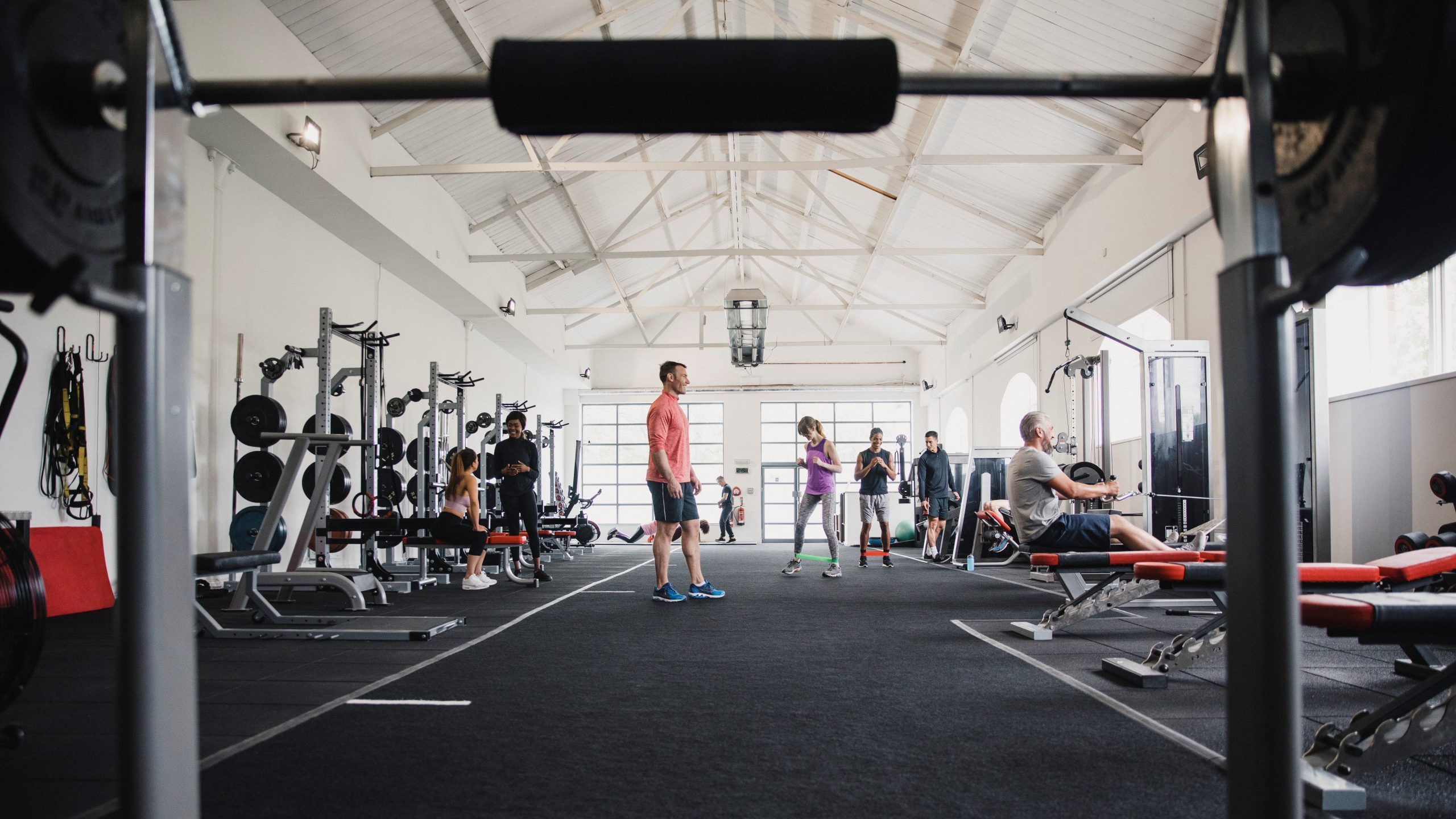It’s that time again. New year, new resolutions.
A common resolution for many people is getting more active and working out at the gym. Though there is never a bad time to start getting in shape, a new year provides a new perspective and vigor toward accomplishing those objectives.
Here’s how oil and gas products help you crush those fitness goals.
Equipment:
- The synthetic leather used for the bench can be derived from polyvinyl chloride (PVC) and polyurethane, which are both derived from petroleum.
- The rubber used on dumbbells and other weights is also made synthetically using petroleum-based monomers.
- The resistance bands you use to help shake up your weight training or to help rehabilitate an injury can be made from synthetic rubber.
- Those exercise balls you use for yoga or to build stabilization for your workouts are also made of PVC.
Clothing:
- Your workout clothes can also be made from petroleum-based products such as nylon, polyester, and polypropylene.
- Those shoes that stabilize you while biking or running on a treadmill are also made from oil and gas products like synthetic suede, nylon and rubber.
Carpets/Mats:
- Over 90 per cent of carpets made today are made with synthetic fibers. About 75 per cent is made from nylon along with polypropylene or polyester.
- Those gym mats that you use to stretch can also be made from polyvinyl chloride, thermoplastic and other petrochemical products.
As much as fitness is a critical part of health and well-being, the petrochemical production industry in Canada is vital to the economy. Petrochemicals help drive the $35 billion plastic production industry which employs nearly 100,000 people.
The Chemistry Industry Association of Canada estimates 70,000 products used by Canadians every day are made from plastics.
Projects like Inter Pipeline Ltd.’s $4.3 billion Heartland Petrochemical Complex near Edmonton are incredibly important, and it will convert locally sourced, low-cost propane into 525,000 tonnes per year of polypropylene.
Some of that might even be helping you reach your personal record next time you hit the gym.
The unaltered reproduction of this content is free of charge with attribution to Canadian Energy Centre Ltd.
